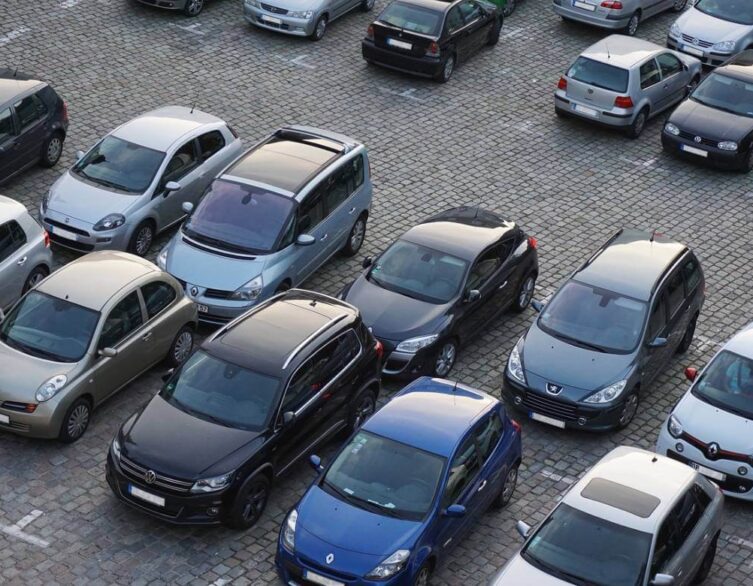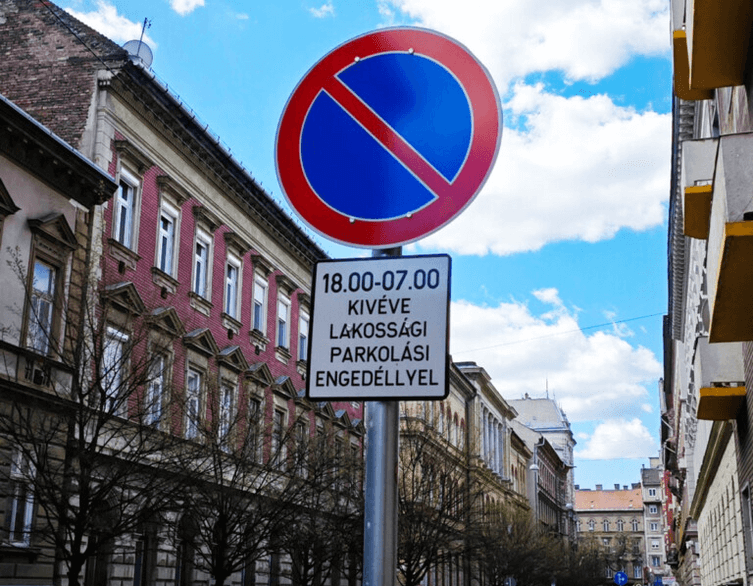The Future of Parking Fees in Budapest: A Controversial Debate

Budapest, the vibrant capital of Hungary, is facing a potential overhaul of its parking system. Seven civil organizations have put forward a proposal to the newly elected representatives of the Budapest Assembly, urging them to significantly increase parking fees and limit residents’ parking benefits. This move has sparked a heated debate among the city’s residents, with opinions divided on the necessity and fairness of such measures.
The Proposal
The civil organizations argue that the nearly free storage of vehicles in public spaces is not a fundamental right and is, in fact, highly detrimental and unjust in many respects. They propose that instead of a procedural fee, the granting of a parking permit should be subject to the payment of a parking redemption fee, which would be a certain percentage of the annual parking fee.
Initially, they suggest at least a 2% fee for the first car, effectively providing a 98% discount. This would result in the following discounted parking fees for residents in the various parking zones:
- Zone A: 48,000 HUF/year (discounted) vs. 2.4 million HUF/year (full price)
- Zone B: 32,000 HUF/year (discounted) vs. 1.575 million HUF/year (full price)
- Zone C: 18,000 HUF/year (discounted) vs. 900,000 HUF/year (full price)
- Zone D: 12,000 HUF/year (discounted) vs. 600,000 HUF/year (full price)
The proposal also suggests that particularly polluting vehicles should not receive residential parking discounts, with a phased approach based on Euro emission standards. Similarly, large vehicles (e.g., those with a total mass exceeding 2 tons) should pay at least 100% more for parking, as they occupy more space.
Best deals of Budapest
The Rationale Behind the Proposal
The civil organizations outline several reasons why they believe these changes are necessary:
- Public spaces available for pedestrians to walk, rest, and engage in community life are greatly reduced by the space occupied by parked vehicles.
- The area needed to increase green spaces and trees, which would significantly improve the quality of the living environment and positively impact residents’ health, is taken up by vehicles.
- Parked vehicles make cycling more difficult and, in many cases, completely impossible, even though cycling should be prioritized over car use.
- The parking fee (if any) does not even cover a fraction of the value of the public space occupied by vehicles.
- It is discriminatory for the municipality to forgo revenue from vehicles stored in public spaces at the expense of residents who do not own a vehicle or who arrange storage of their vehicle outside public spaces.
- Free or low parking fees greatly encourage vehicle traffic.
Public Reaction and Debate
The proposal has been met with mixed reactions from Budapest’s residents. Some argue that the suggested fees are exorbitant and would place an undue burden on car owners, particularly those with lower incomes. They contend that public transportation infrastructure should be improved before implementing such drastic changes to the parking system.
On the other hand, supporters of the proposal maintain that the current system is unsustainable and that the external costs of car use, such as air pollution and congestion, are not adequately reflected in the current parking fees. They believe that higher fees would encourage more people to use public transportation, walk, or cycle, leading to a healthier and more livable city.
Conclusion
The debate surrounding the future of parking fees in Budapest is far from settled. The proposal put forward by the seven civil organizations has sparked a much-needed conversation about the role of cars in the city and the value of public space. As the Budapest Assembly considers the proposal, it will need to balance the competing interests of residents, businesses, and the environment to find a solution that is both fair and sustainable in the long run. Regardless of the outcome, one thing is clear: the way we think about parking and car use in cities is changing, and Budapest is at the forefront of this shift.
Related news













